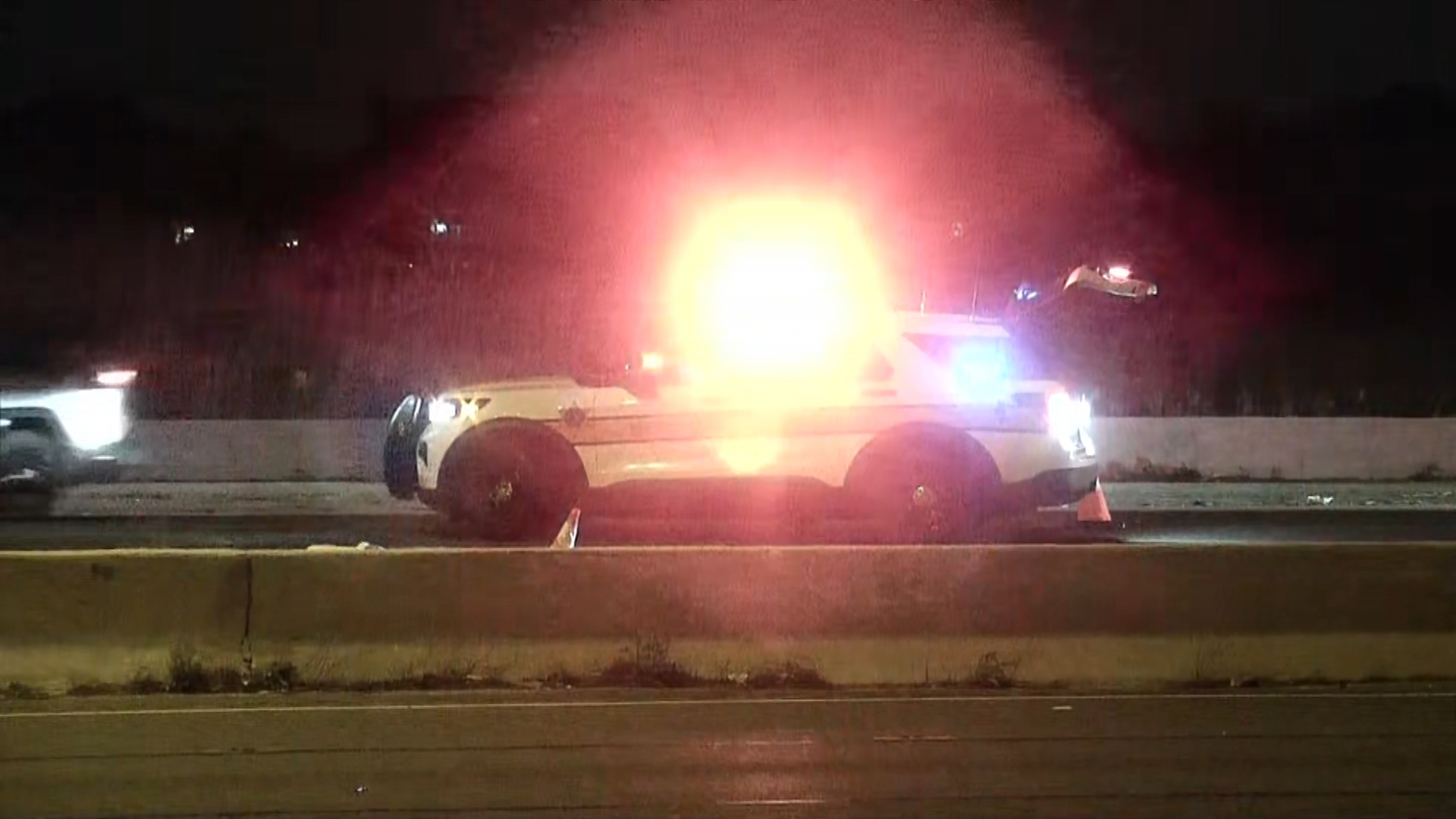Joe Takacs opened his Indiana vehicle registration notice in October and said he was surprised to see a fee increase for his hybrid car.
The Porter County resident owns a Toyota Prius in a state where lawmakers approved supplemental fees of $50 for hybrid vehicle owners and $150 for electric vehicle owners.
“It makes me mad,” Takacs said. “I’m paying more money because I’m trying not only to save some money, but I’m trying to help the environment.”
Takacs says his biggest gripe with the new fee is that the roads he drives haven’t seen much improvement.
“We’re already getting taxes like four or five times over for road improvements,” he said. “I’m still hitting the same potholes every day I drive to work.”
The new registration fees for hybrid and electric vehicles in Indiana were included as part of an infrastructure bill last year.
The Indiana Bureau of Motor Vehicles, which is charged with administering the fees, said the state has collected $15,939,771.17 in revenue from 62,250 electric and hybrid vehicle registrations between January, 2018 and the present.
Local
Eco-minded Wisconsin drivers in Wisconsin are also paying supplemental registration fees: $75 for hybrid vehicles and $100 for electric vehicles.
And for Illinois drivers looking to go green behind the wheel - similar changes may be coming. Several house bills currently in legislation propose sharp fee increases for electric and hybrid vehicle registration. Illinois HB 0062, sponsored by state Rep. Thomas Morrison of the 54th district, aims to impose fee increases from $35 every two years, to a maximum of $216 per year for electric vehicles and $158 per year for hybrid vehicles.
Morrison told NBC 5 Investigates the idea is to charge electric and hybrid vehicle owners a higher registration fee to make up for lost gas tax revenue.
Gas taxes are traditionally used to pay for road maintenance and other transportation projects.
“The gas tax model is built on the assumption that the users in the system are going to pay into it,” said Joung Lee of the American Association of State Highway and Transportation Officials.
But that model is no longer working, according to Lee. He said there is currently a $12 billion shortfall in the nation’s highway trust fund and states are being forced to explore alternative ways to raise money.
Lee said that some states are considering a Vehicle Miles Traveled (VMT) tax that would charge drivers for the miles they drive, regardless of vehicle type. He also said some states are considering dipping into sales tax revenue as a means of collecting funding for roads.
Ted Lowe of Wheaton is a member of the Fox Valley Electric Auto Association, a group formed in 1975 around the time of the first oil embargo. Lowe owns an electric-powered pick-up truck and a hybrid car and said lawmakers “should be applauding” electric and hybrid drivers for being energy-efficient.
“I honestly think it’s going the wrong direction,” Lowe said in reference to the proposed fee increases. “Electric cars actually drive less miles and they’re lighter, so they shouldn’t pay more.”
Lowe said that electric cars reduce the burden on health care costs for conditions like asthma. He said higher registration fees may also discourage consumers from buying energy-efficient vehicles.
A 2018 survey from AAA found that 20 percent of American drivers are “likely to buy an electric car in the future.” That number is up from 15 percent in 2017.



